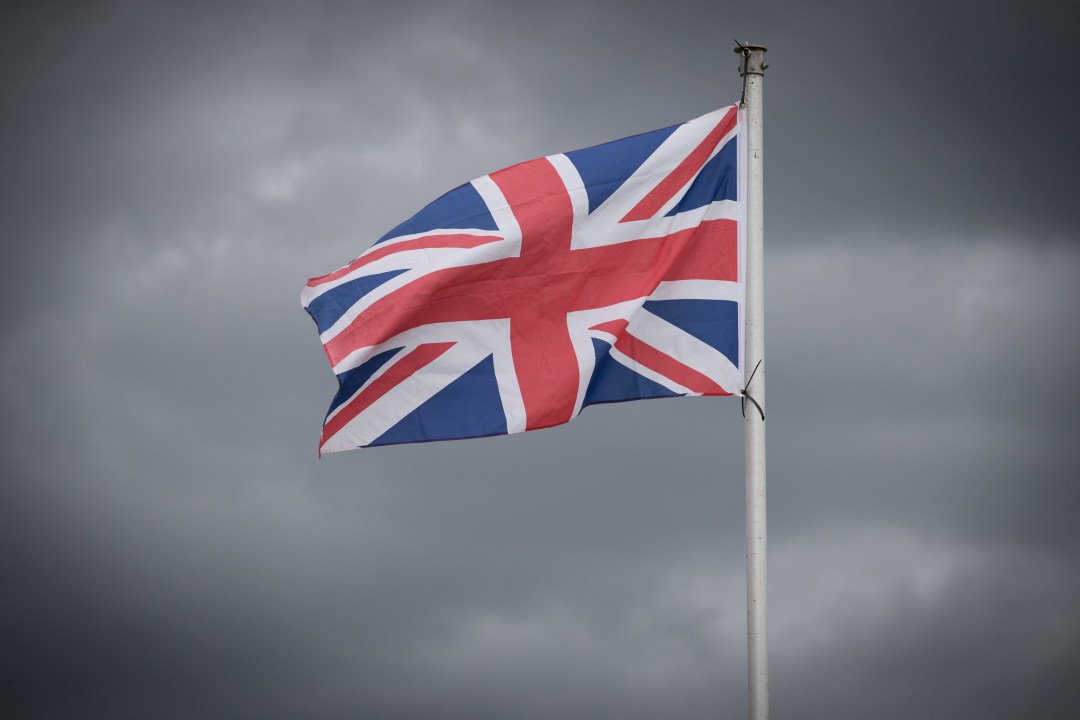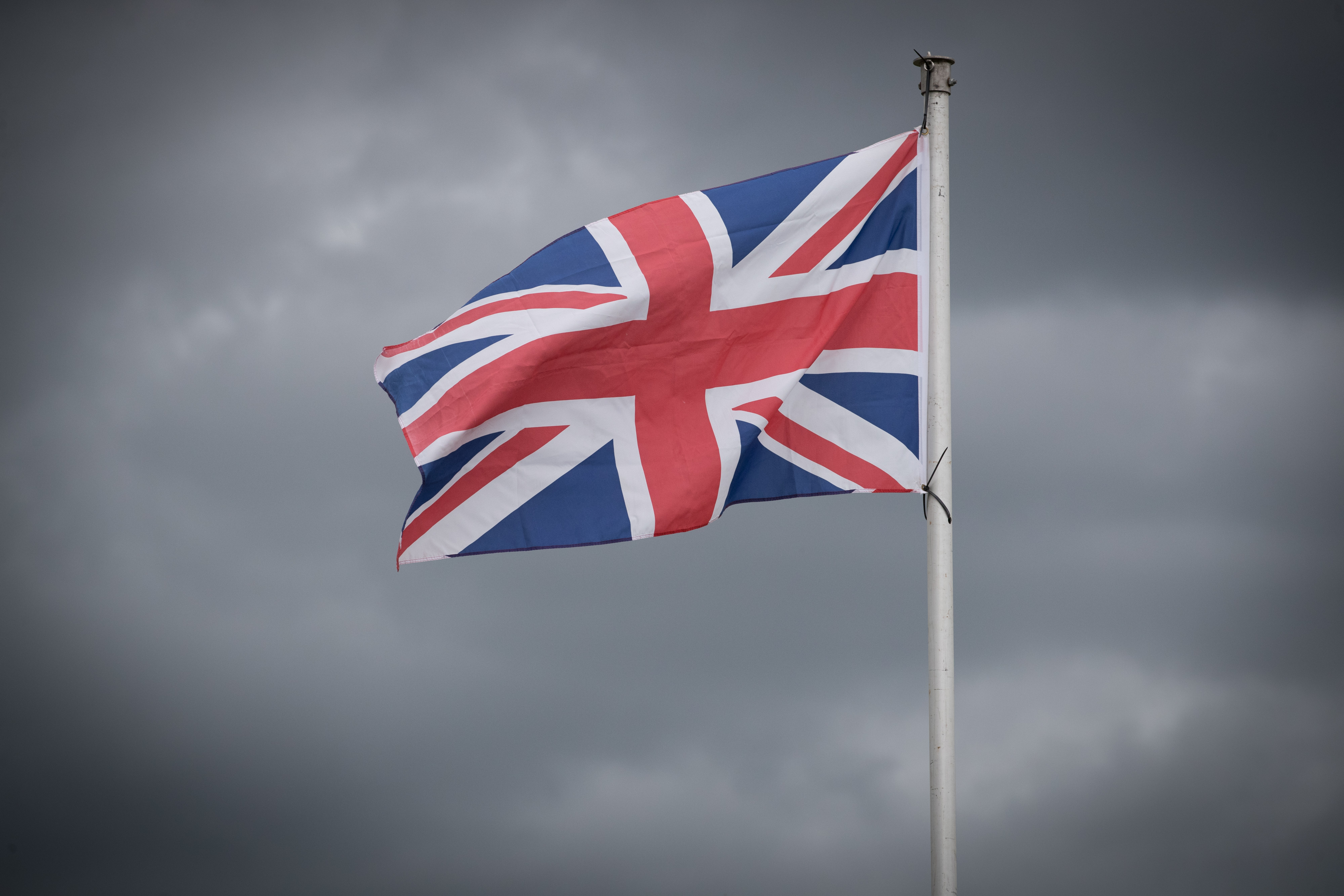Last month, Boris Johnson marked one year as Prime Minister. He did so not by making a speech from Downing Street but instead by travelling north to Orkney in Scotland. Those few days also saw a historic cabinet meeting, focused solely on strengthening the Union, a sign of the government’s commitment to the centuries-old family of nations that makes up the United Kingdom.
There are those who may wonder why the Prime Minister feels the need to spell out this commitment. Surely the UK has been bound together in a common cause during the Covid crisis? The numerous Treasury intervention schemes, Ministry of Defence field hospital, sharing of data – the UK government and its devolved partners have been forced to work together for the first time in more than 20 years.
In Wales, a third of our workforce remains on a salary thanks to the Treasury’s furlough scheme. Key strategic employers have been protected by the commitment of the entire UK, not just the nation where a business happens to find itself. So at a time when the Union has never been stronger nor more economically significant, how come it has – according to some polls – never been so unpopular? How is it that in Wales, support for independence has crept up but not support for the only party that is committed to delivering it?
In part, the Union has been taken for granted. After all, it isn’t broken, so why fix it? It’s much easier for Westminster and Whitehall to pursue a ‘devolve and forget’ approach to any government activity outside of England. And there is nothing new in this either. When Labour’s Donald Dewer took the role of Scotland’s first ever First Minister back in 1999, he declared the formation of the Scottish parliament as the end of the debate on separatism, preventing (he hoped) the country ‘sliding away to independence through the halfway house of devolution’. Even the architect of the devolution policy, Tony Blair, confessed to harbouring doubts: ‘You can never be sure where nationalist sentiment ends and separatist sentiment begins’. I think we know now.
Devolution is too often mistaken for the flow of money from one bureaucracy to another
It is this arguably complacent approach that is so clearly in the sights of the Prime Minister. Just like in the North of England, he knows that residents in Wales, Northern Ireland and Scotland have granted us a temporary trust, a brief period in which to prove that their lifelong relationship with other parties can be safely abandoned. However, it is a trust wholly conditional on delivery, not just of funding, but of values too.
The truth is that protecting and strengthening the UK is about much more than just money, it’s also about respect. Devolution in the Welsh case is too often mistaken for the flow of money from one bureaucracy (London) to another (Cardiff). For too long conversations about process and procedure have eclipsed the real issues at heart; jobs, health and opportunity.
Last month we introduced our proposals to protect the UK’s internal market – allowing people, products, ideas and investment to move seamlessly between our nations after Brexit. This means that if a brewery sells beer in both Swansea and Newcastle, they will not need to create different packaging because they are selling between Wales and England. Likewise, manufacturing firms in Scotland using parts made in Wales will know that they are compliant with regulations across the other home nations. Our high standards will be maintained through UK-wide frameworks agreed between all parts of the UK in devolved areas.
To your average person, the thought that any of these daily norms would no longer exist seems implausible. But this is exactly why it makes the proposals so important.
One would hope that Welsh Labour, ostensibly a Unionist party, would celebrate this new settlement. The UK internal market will allow Welsh citizens to thrive within a political union that is so central to economic and cultural life that it seems almost invisible. And yet to retain control of the Senedd next year, Welsh Labour may need a partner. The only likely applicant is Plaid Cymru, but the question is at what (Adam) Price?
We all know the story here. Support for the Labour party ran deep in the veins of the Scottish electorate over the last 100 years and by the 1960s, Labour had achieved overwhelming political authority and influence in Scotland, at both a local and national level. This trend continued up until the end of the century.
But since the Scottish parliament elections in 2011, it is the Scottish National Party that has been advancing. The demise of Scottish Labour was swift.
Perhaps this chronology provides the Labour party with an opportunity for reflection in Wales, following a general election result in 2019 where it lost votes in every single Welsh constituency, mainly to the Conservatives in our own version of the crumbling red wall. For too long Scottish Labour played down the strength and benefits of the Union by pandering to the nationalists. Labour, and those who love the Union, risk the same happening in Wales today.
While we Conservatives don’t always perfect our message on the Union, Theresa May got pretty close when she stated that ‘the Union is not just a constitutional artefact or just a marketplace for goods. It is a family of nations and a union of people’.
And this is why the value of the Union goes so much further than economics. It’s a cultural, social, historic and totemic relationship. It’s why Becky James and Jade Jones were as ecstatic to win Olympic medals for Britain as they were to drape the Welsh flag around their shoulders when they received them. When Sam Warburton captained Wales, there was no fiercer rugby contest in the world than when the ‘old enemy’ – England – were at the other end of the pitch. Yet he and his English counterparts gave just as much against the All Blacks when they wore a British Lions shirt together a few weeks later. It was a United Kingdom that defeated fascism, and which led the industrial revolution, a Unionist from Wales who created the NHS.
In the next few months this bond will be tested. The government will be more visible as it gradually replaces the role previously fulfilled by Brussels. This won’t be instead of devolved administrations but as well as. The existing settlement will be respected whoever occupies the First Minister’s offices overlooking Cardiff Bay.
In Wales, we still believe that the spirit of the Union is more important than a separatist experiment. We know that when things get tough, it’s still all for one and one for all.







Comments